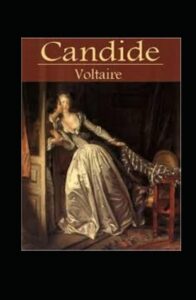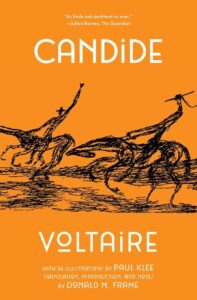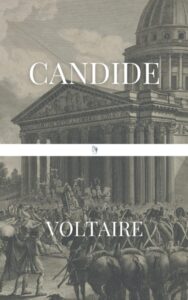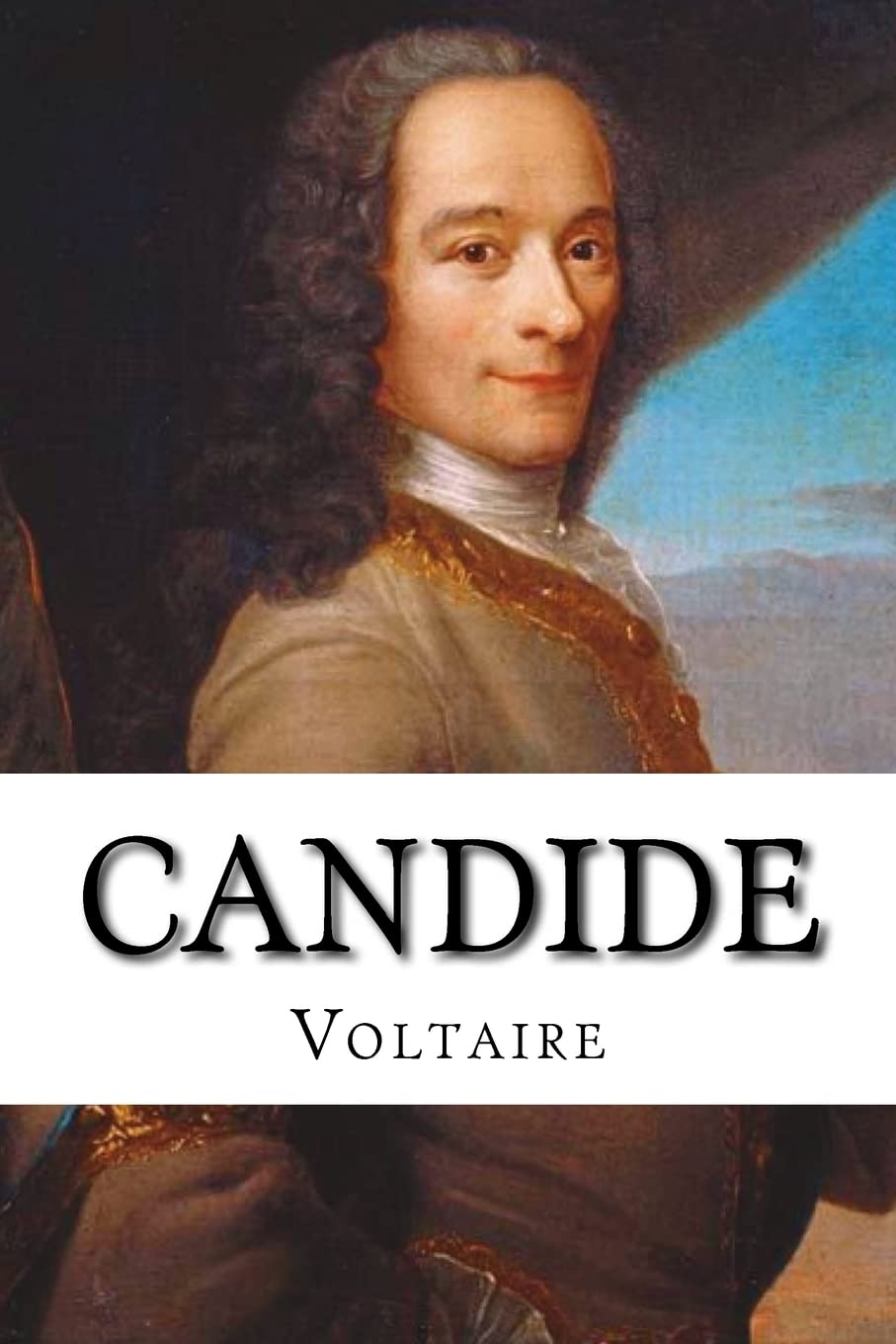When Candide was first published in 1759, it was banned almost immediately in France and other parts of Europe. The novel’s sharp satire of religion, government, and optimism scandalized authorities and religious leaders. It mocked clergy, criticized powerful institutions, and questioned whether the world was truly “the best of all possible worlds,” a belief popular at the time. Because of this, the book was declared immoral, blasphemous, and subversive. Copies were publicly burned, and it was placed on the Catholic Church’s Index of Prohibited Books. Yet, despite censorship, it spread quickly through underground circulation.
The book’s banning reflected a deep fear of Enlightenment ideas. Voltaire used humor, irony, and exaggeration to challenge blind faith, absolute power, and naive philosophies. Authorities saw this not just as offensive but dangerous, since it encouraged readers to question authority and think critically. Far from silencing him, the censorship only amplified Voltaire’s voice and made Candide one of the most widely read works of its time.
Voltaire, born François-Marie Arouet in 1694, was one of the leading figures of the Enlightenment. Known for his wit, boldness, and relentless defense of free thought, he was often in conflict with authorities. He spent time in prison and in exile, yet he continued to write plays, essays, and philosophical works that criticized tyranny and defended reason and tolerance. Candide became his most famous work, embodying his sharp critique of the world around him.
The novel tells the story of Candide, a young man whose optimistic worldview is shattered as he experiences war, natural disasters, betrayal, and human cruelty. Guided by his tutor Pangloss, who insists that “all is for the best,” Candide journeys across continents, facing misfortune after misfortune. Through these adventures, Voltaire exposes the absurdity of unquestioning optimism and highlights the harsh realities of human suffering. The novel ends not with grand answers but with the simple advice that “we must cultivate our garden,” suggesting that practical work and modest living may be the only true response to life’s struggles.
Today, Candide is celebrated as a masterpiece of satire and one of the great works of world literature. What was once condemned as dangerous blasphemy is now studied in classrooms for its wit and philosophical depth. Its history of censorship reminds us how threatening laughter and criticism can be to those in power. More than 250 years later, Voltaire’s little book continues to challenge blind faith and inspire readers to think for themselves.







